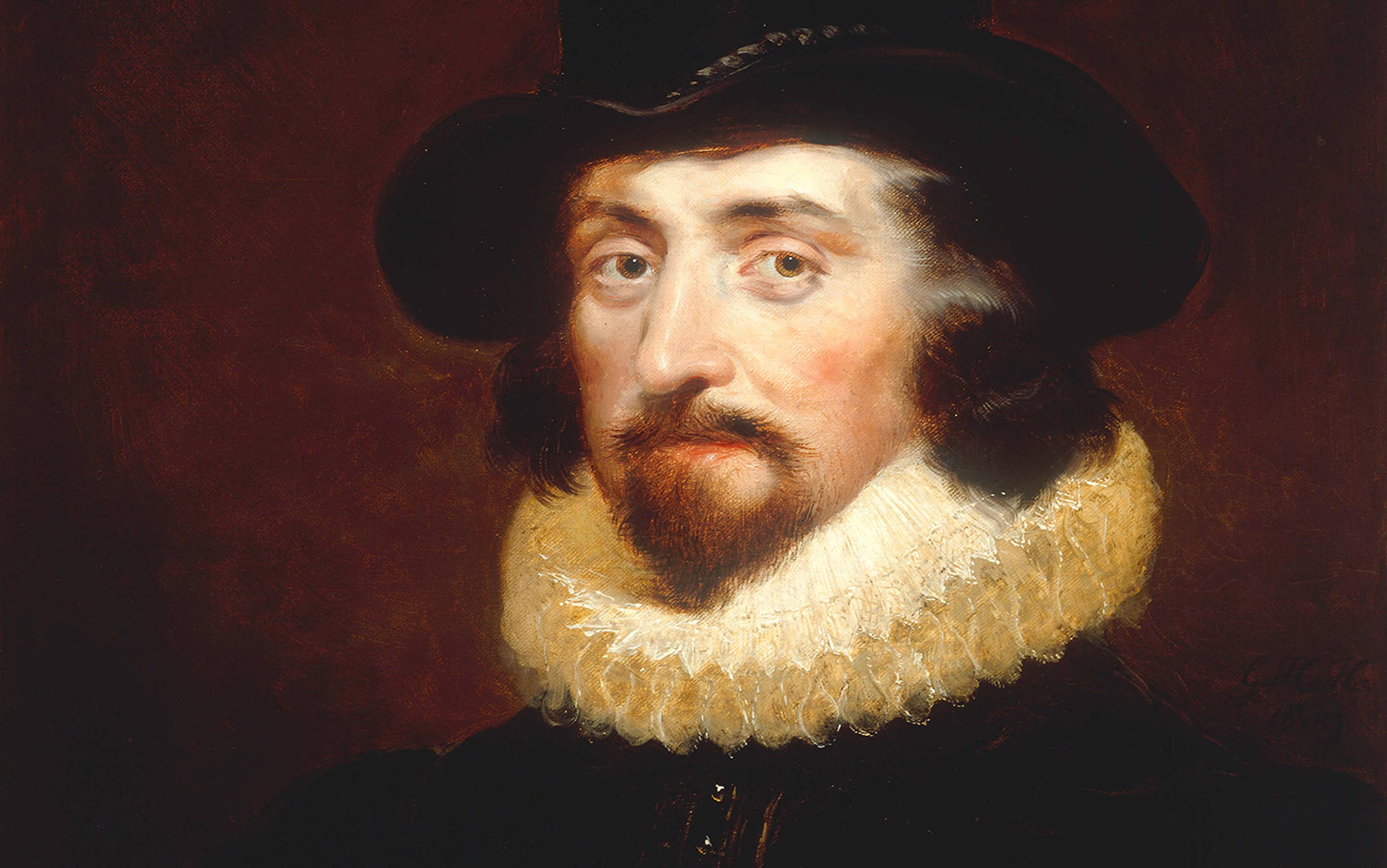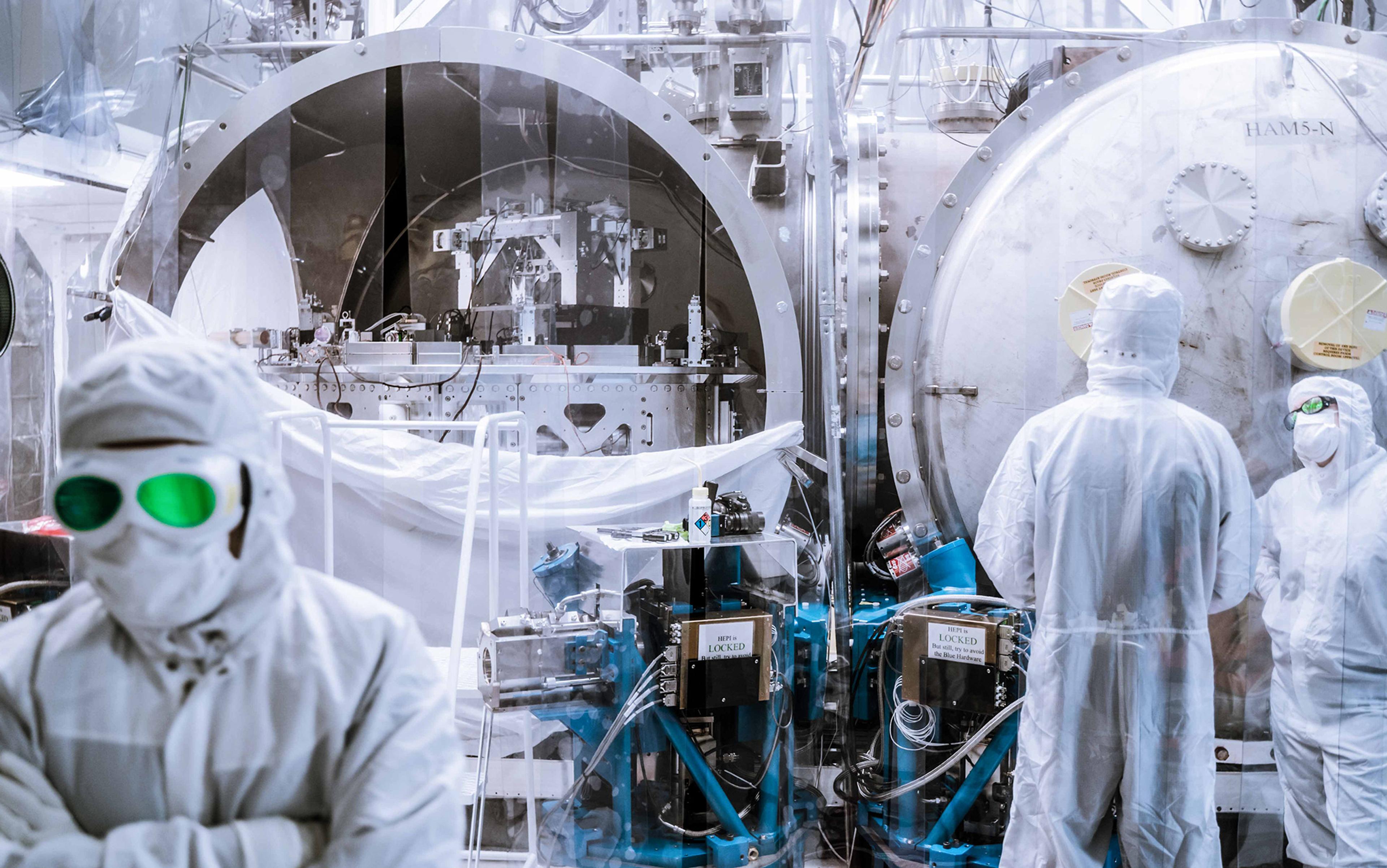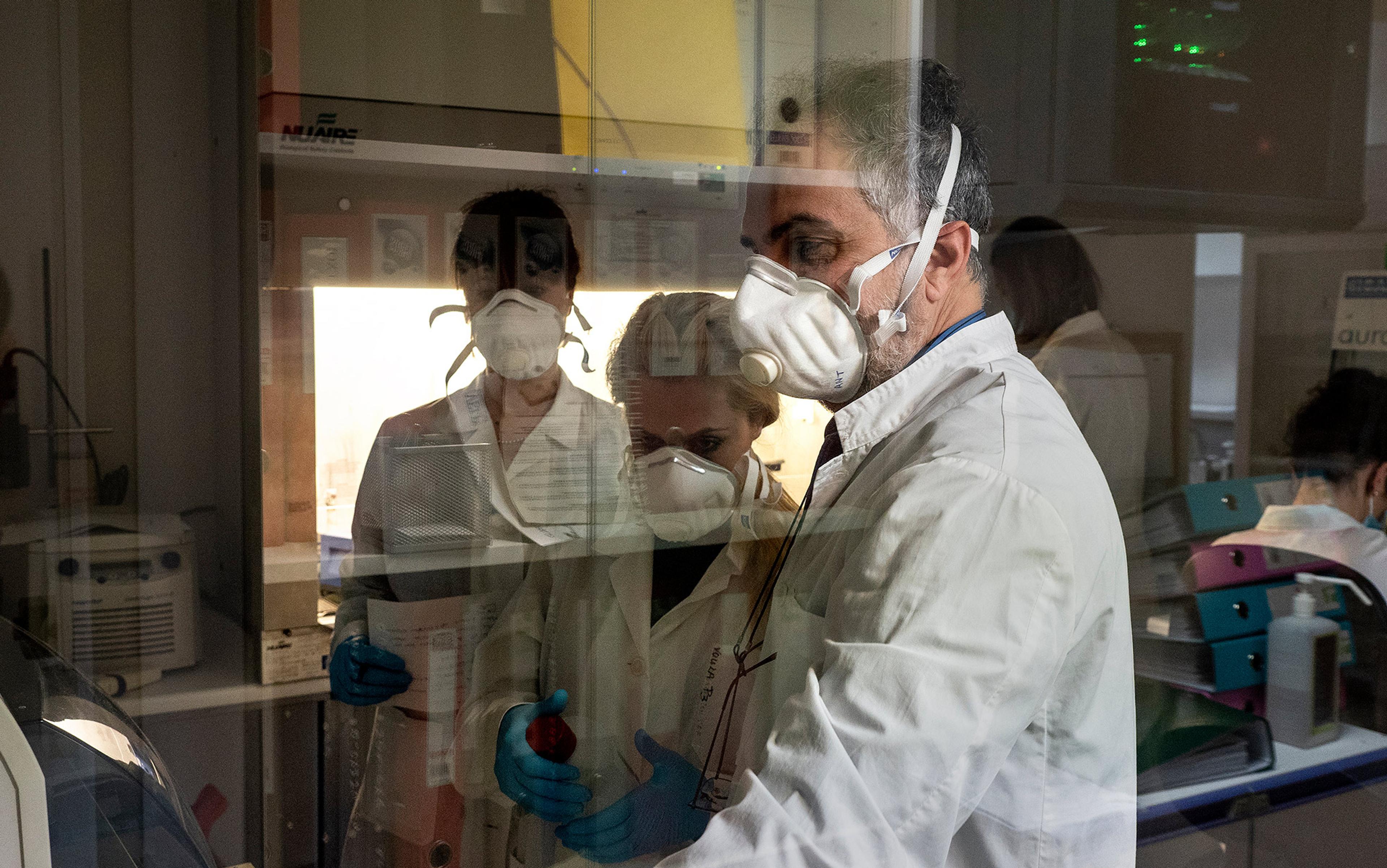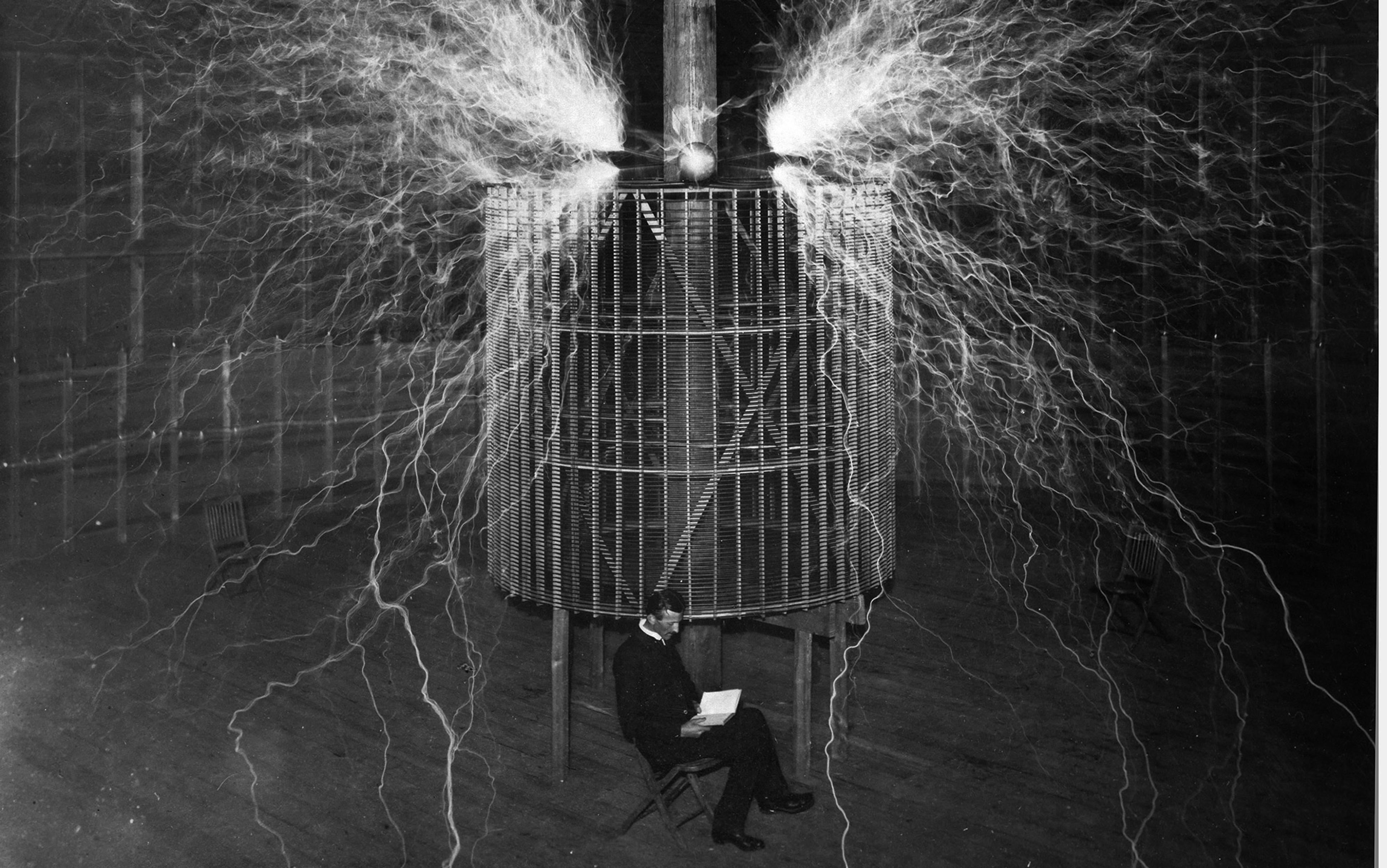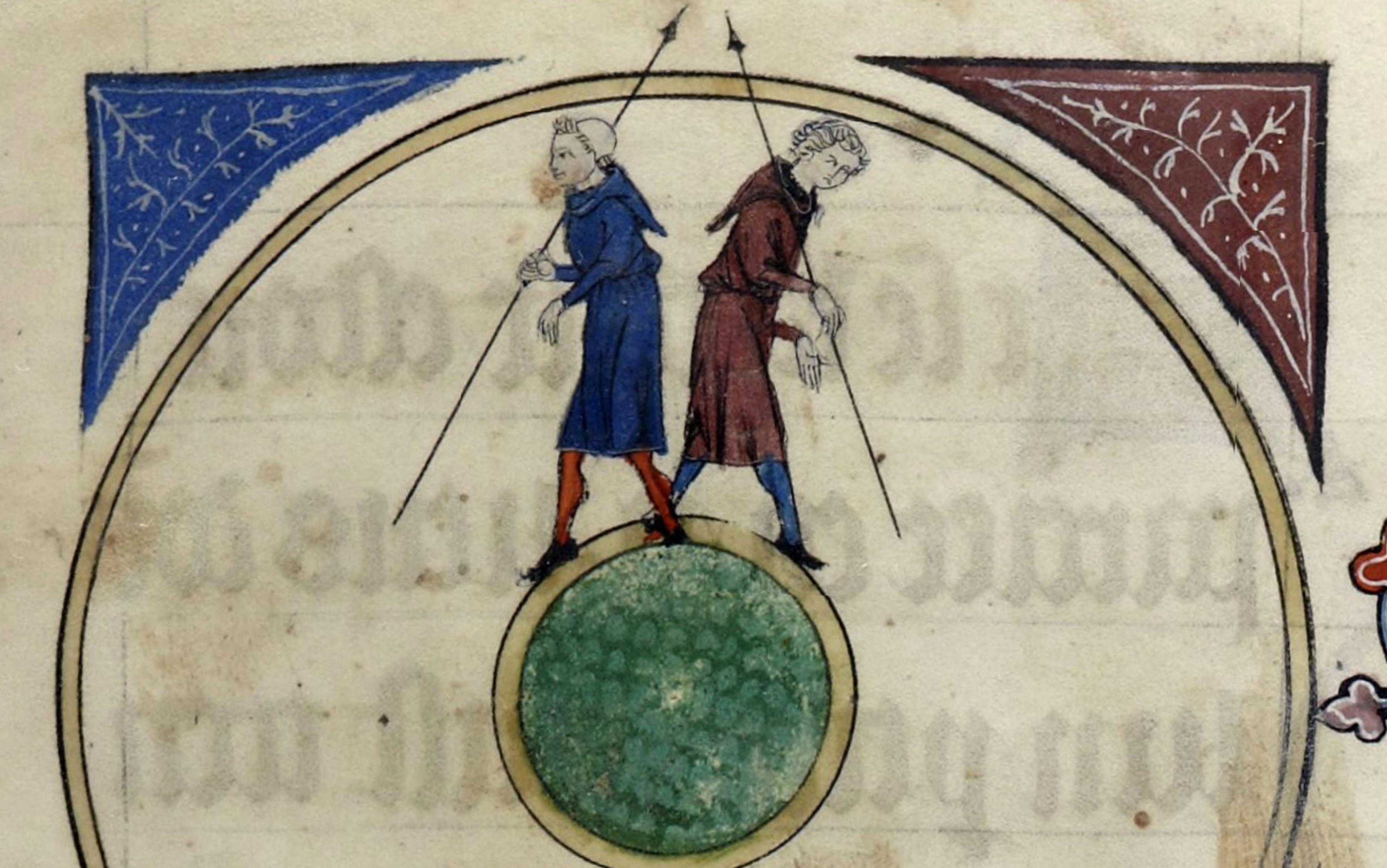Scientists can be notoriously dismissive of other disciplines, and one of the subjects that suffers most at their hands is history. That suggestion will surprise many scientists. ‘But we love history!’ they’ll cry. And indeed, there is no shortage of accounts from scientists of the triumphant intellectual accomplishments of Einstein, Darwin, Newton, Galileo, and so on. They name institutes and telescopes after these guys, making them almost secular saints of rationalism.
And that’s the problem. All too often, history becomes a rhetorical tool bent into a shape that serves science, or else a source of lively anecdote to spice up the introduction to a talk or a book. Oh, that Mendeleev and his dream of a periodic table, that Faraday forecasting a tax on electricity!
I don’t wish to dismiss the value of a bit of historical context. But it’s troubling that the love of a good story so often leads scientists to abandon the rigorous attitude to facts that they exhibit in their own work. Most worrisome of all is the way these tales from science history become shoehorned into a modern narrative — so that, say, the persecution of Galileo shows how religion is the enemy of scientific truth.
There’s no point getting too po-faced about the commandeering of Newton’s almost certainly apocryphal falling apple to represent science in the Paralympic opening ceremony. But what Newton’s definitive biographer Richard Westfall says about that story warns us how these populist fables can end up giving a distorted view of science. He says that it ‘vulgarises universal gravitation by treating it as a bright idea. A bright idea cannot shape a scientific tradition.’ Besides, how many of those munching apples at the ceremony could have explained why, if the moon is indeed just like an apple, the apple falls but the moon does not? Anecdote can anaesthetise thought rather than stimulate it.
Bacon was important in the development of science; it is precisely that importance which is obscured by turning his views into some kind of timeless truth
Newton’s current successor as president of the Royal Society, Paul Nurse, compounded this Disneyfication of history by claiming that the Paralympic opening ceremony celebrated ‘the Enlightenment that brought rationality to unlock the secrets of nature and to advance the rights of man’. There was plenty of rationality in the Middle Ages, too (but not many rights). In the dry excesses of scholasticism, one might even say there was too much. And the image of ‘secrets of nature’ is an inheritance from the late Renaissance ‘occult philosophy’, which gave birth to science (and to Newton’s gravity) in a rather different manner from the conventional narrative. To the Elizabethan philosopher Francis Bacon, those ‘secrets’ were notoriously to be extracted from a feminised Nature by ‘trials and vexations’ — by force and violation.
Like Newton, Bacon’s role in this alleged rationalistic triumph of enlightenment (another occult image) is complicated and ambiguous in ways that don’t fit the popular modern story. Take the otherwise admirable article by Will Hutton in The Guardian last May on the ‘Take the Flour Back’ protests against field trials of genetically modified wheat in Harpenden, Hertfordshire. He portrayed the scientists at the Rothampsted Research centre as inheritors of Bacon’s ‘passionate advocacy of the scientific method — allowing nature to be harnessed for humankind’s betterment’. In ‘standing by the logic of where intellectual inquiry takes them’, despite harsh opposition, they were also like Galileo under house arrest.
Bacon did indeed propose what might be called a scientific method. It was so complex and convoluted that he never finished describing how it worked, it was never used by anyone, and James I was probably right to remark that, like the peace of God, it ‘passes understanding’. Besides, Bacon advocated science not as an intellectual adventure but as an engine for state power. His descriptions of modified organisms created by a secretive brotherhood of science are exactly the stuff of the eco-warriors’ nightmares. Bacon was important in the development of science; it is precisely that importance which is obscured by turning his views into some kind of timeless truth.
As for Galileo, it is widely considered by historians that he was the agent of his own fate: as Stephen Jay Gould (a scientist with a rare sensitivity to history) put it, ‘a victim of bad luck and bad judgment… not an inevitable sacrificial lamb in an eternal war between science and religion’. A less provocative man, able to resist making his Ptolemaic advocate an idiot voicing the same arguments as the pope, might have published his book with impunity. None of this exonerates the spiteful actions of the Roman Church, but it does call for an appreciation of historical context. Even the cardinals’ refusal to look through Galileo’s telescopes was not the simple denial of evidence that it is usually made to seem.
The ahistorical uses of Galileo are bad enough: what of Giordano Bruno, burned at the stake in 1600? It’s true that he was a Copernican and believed in a plurality of worlds, but he was condemned not for these ideas but for his heretical views on more traditional aspects of Christian belief. Yet as even Einstein has colluded in making him a martyr for science, it seems unlikely that we shall ever be rid of this fiction, whatever the historians themselves say. For, apparently, such martyrs are needed, and we will take them where we can find them, heedless of the words of Bertolt Brecht’s Galileo: ‘unhappy is the land that needs heroes’.
We can no longer see the present clearly if we compare it to a romanticised past
What all this boils down to is that science has never given up on the Whiggish view of history that historians have long since abandoned: a triumphant voyage out of the dark ages of ignorance and superstition into the light of reason. In this view, all we really care about in historical scientists is which of their ideas survived, not how they thought and why. All the stuff that was of its time — Kepler’s cosmic harmonies, Newton’s alchemy and eschatology, Faraday’s religiosity — must then become a curious aberration: ‘Isn’t it strange that such great minds held such weird ideas?’ It isn’t strange at all if you truly care about history.
It’s surely the attraction of this heroic vision that explains why scientists play fast and loose with history. Of course, history almost inevitably gets simplified in the popular retelling, and Eric Hobsbawm has pointed out that all trades and institutions invent their own myths. Yet scientists do seem to have an unusual susceptibility for bowdlerised narrative, pantheons and idols. And these almost always serve the didactic purpose of presenting science as a noble, brave and objective quest for truth in the face of ideology and superstition, whether that is Galileo versus the pope or Einstein versus the Nazis. In these stories, great scientists shake off the shackles, while dogma and prejudice capitulate to unreason.
As an illustration of how illiberal political systems inhibit science, Paul Nurse recently claimed that Hitler’s regime denounced relativity as ‘Jewish science’. In fact, the Nazis ended up ignoring the few careerist and racist physicists who supported the nonsense of ‘Aryan physics’ because they rightly recognised that Einstein’s colleagues had the more useful theories. A determination to present science as a calling that is ‘above’ politics and ideology goes hand in hand with the simplistic view of the fictitious ‘scientific method’ that many scientists hold, in which they simply test their theories to destruction against the unrelenting candour of experiment. Needless to say, that’s rarely how it really works.
At a time when science is genuinely under threat from religiously, politically and ideologically motivated antagonists, in climate science, evolutionary theory and embryo and stem cell research, this wish to enlist history in the good fight is understandable. But the fact is, as Richard Westfall implies, by remaking history according to our own presentist convictions we actually risk sabotaging our aims. We can no longer see the present so clearly if we keep comparing it to a romanticised past. And one can hardly claim to be a champion of evidence-based reason while demonstrating such indifference to the evidence of history.
The imagined version of ‘Enlightenment principles’ has no useful role in creating a present where reason and evidence are freed from dogma and superstition. Some version of that aim was shared by Galileo and Darwin, to be sure. But their times were not ours, and their battles were different. We should leave them alone and get on with what is needed now.
